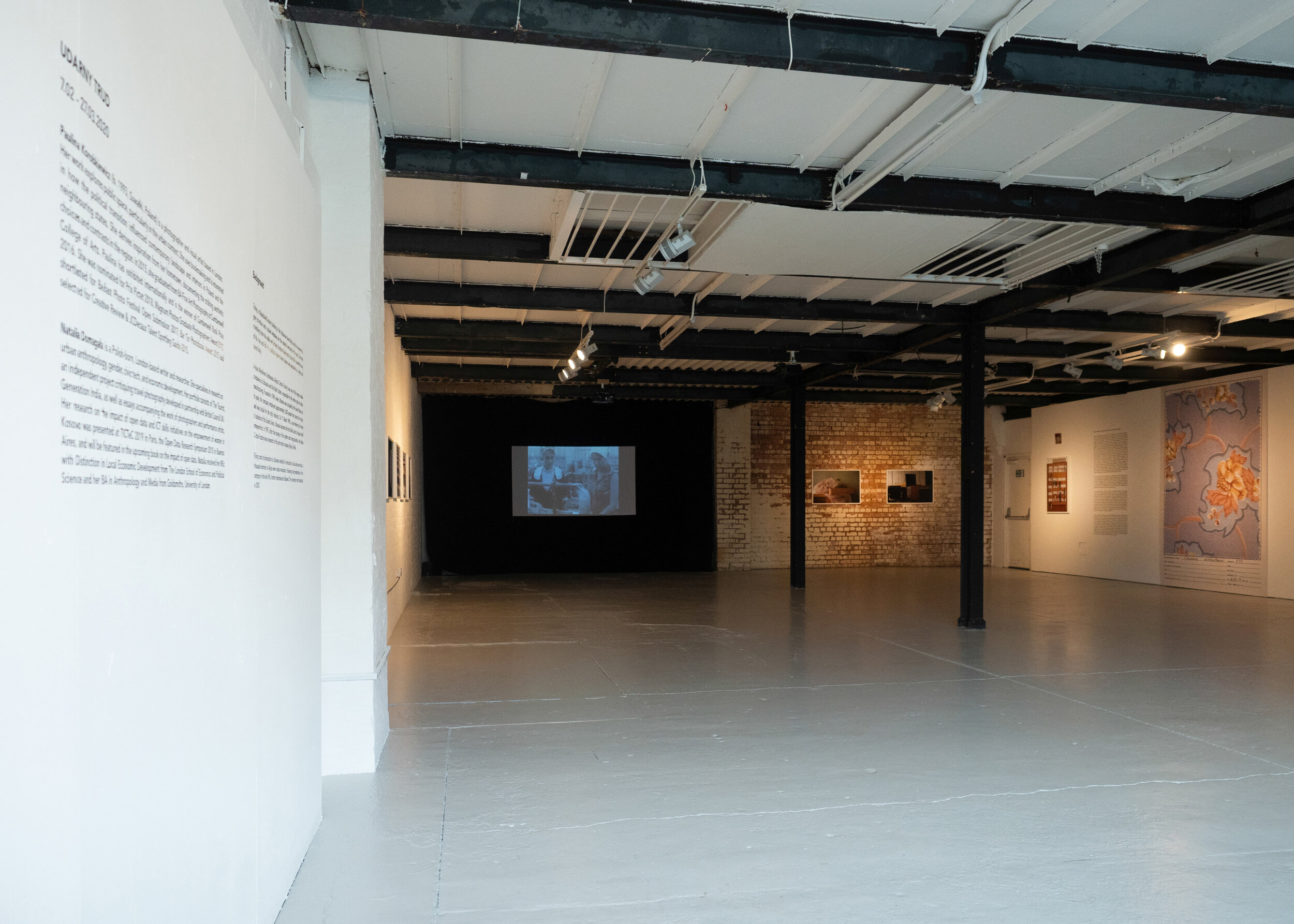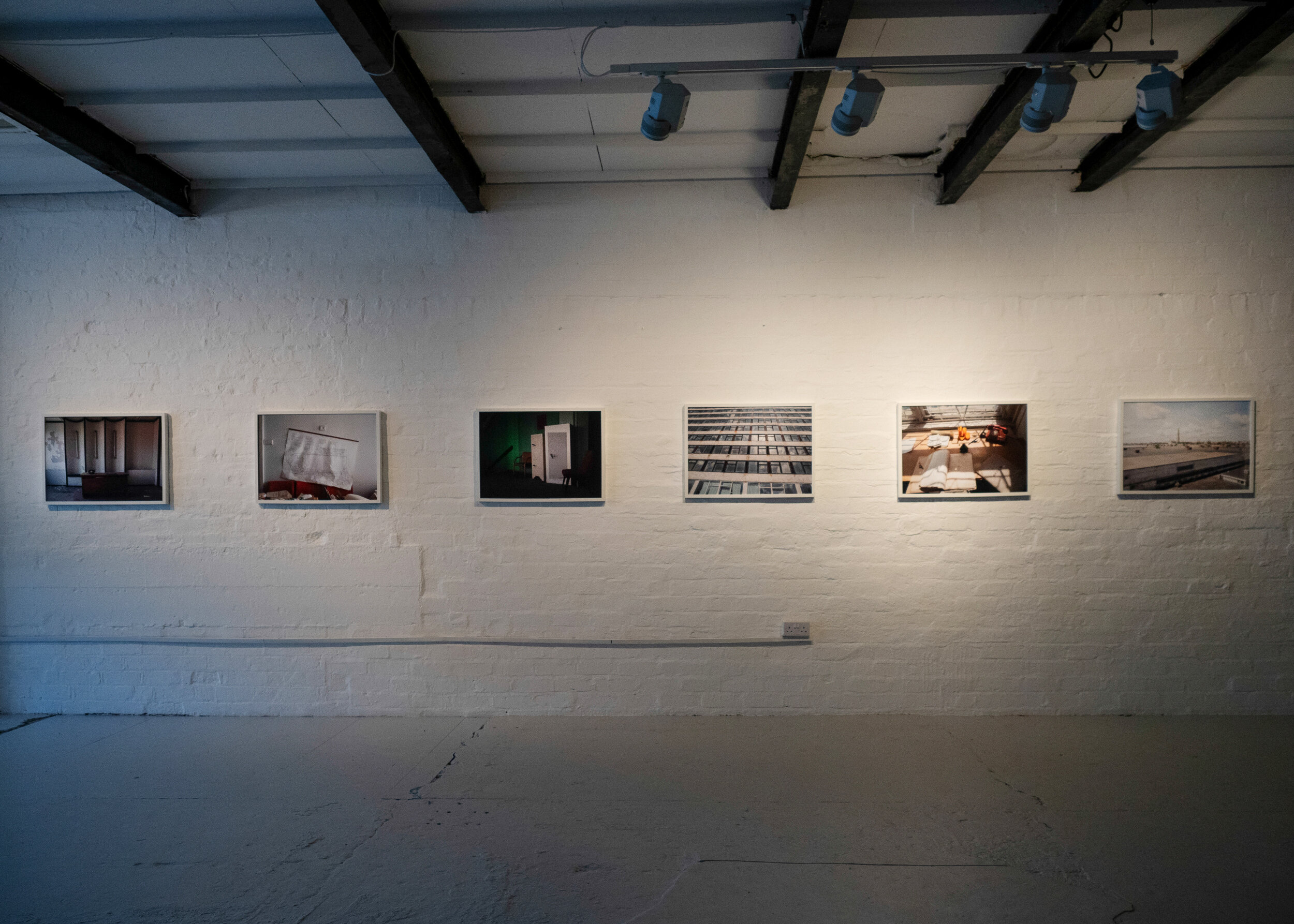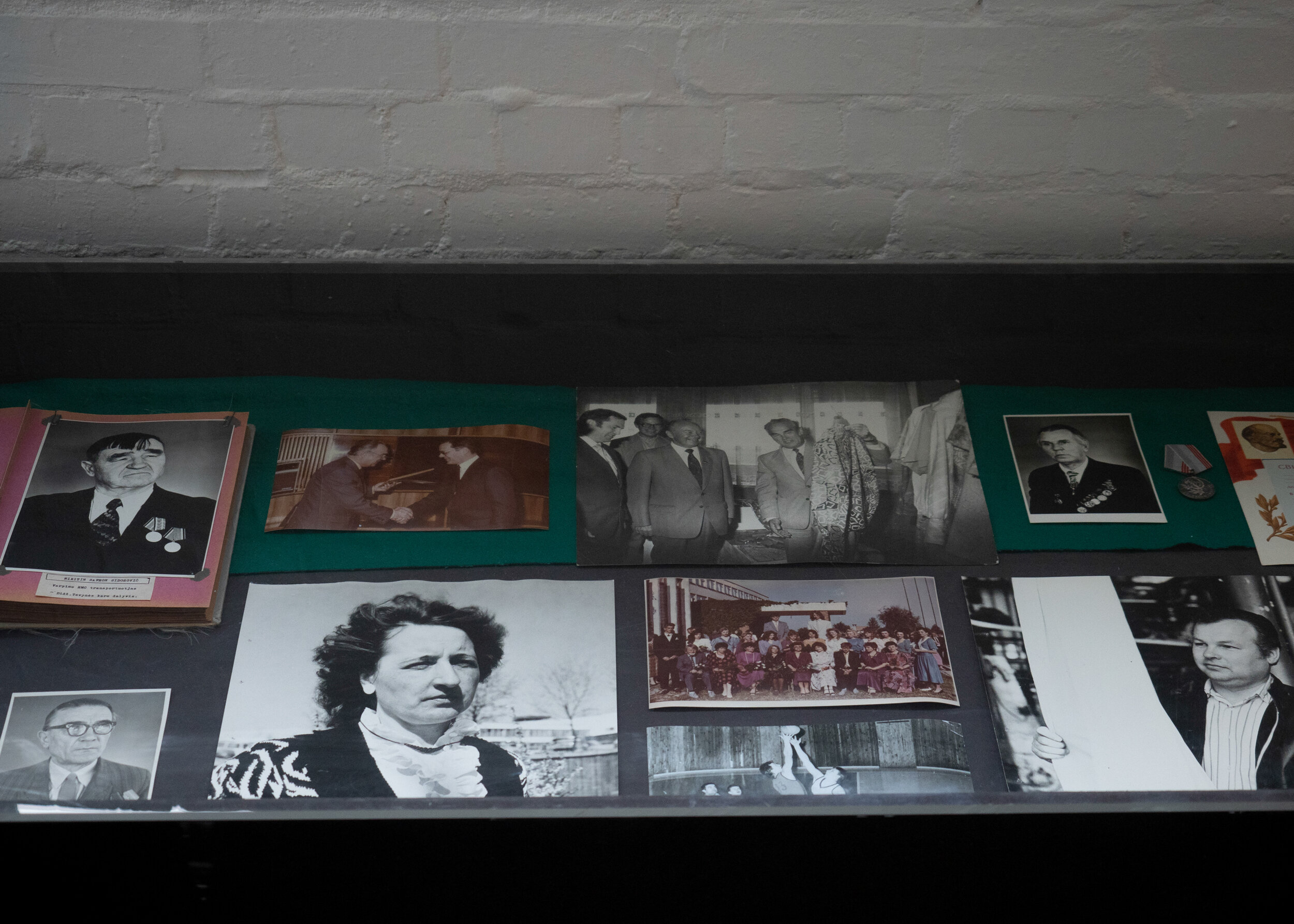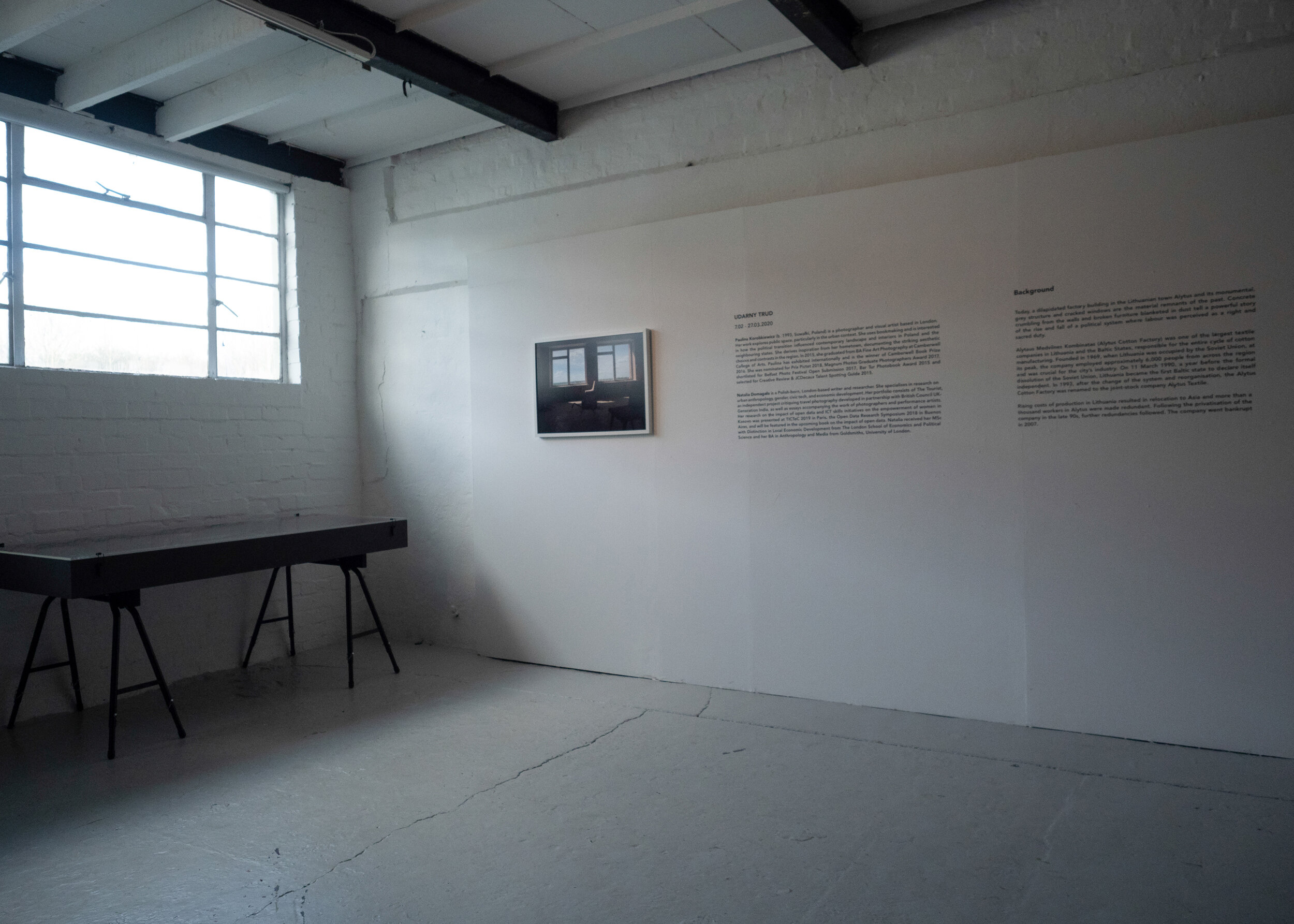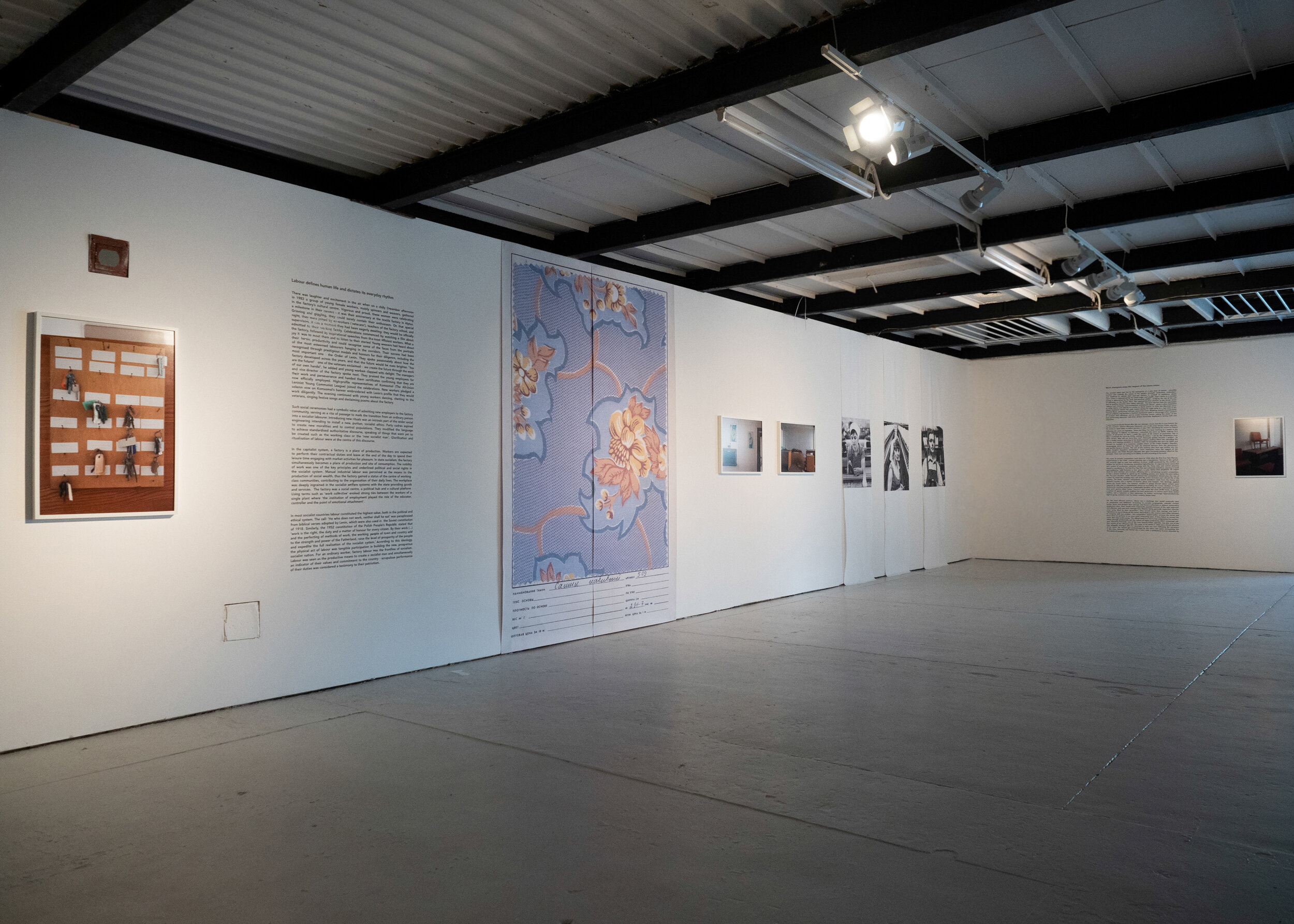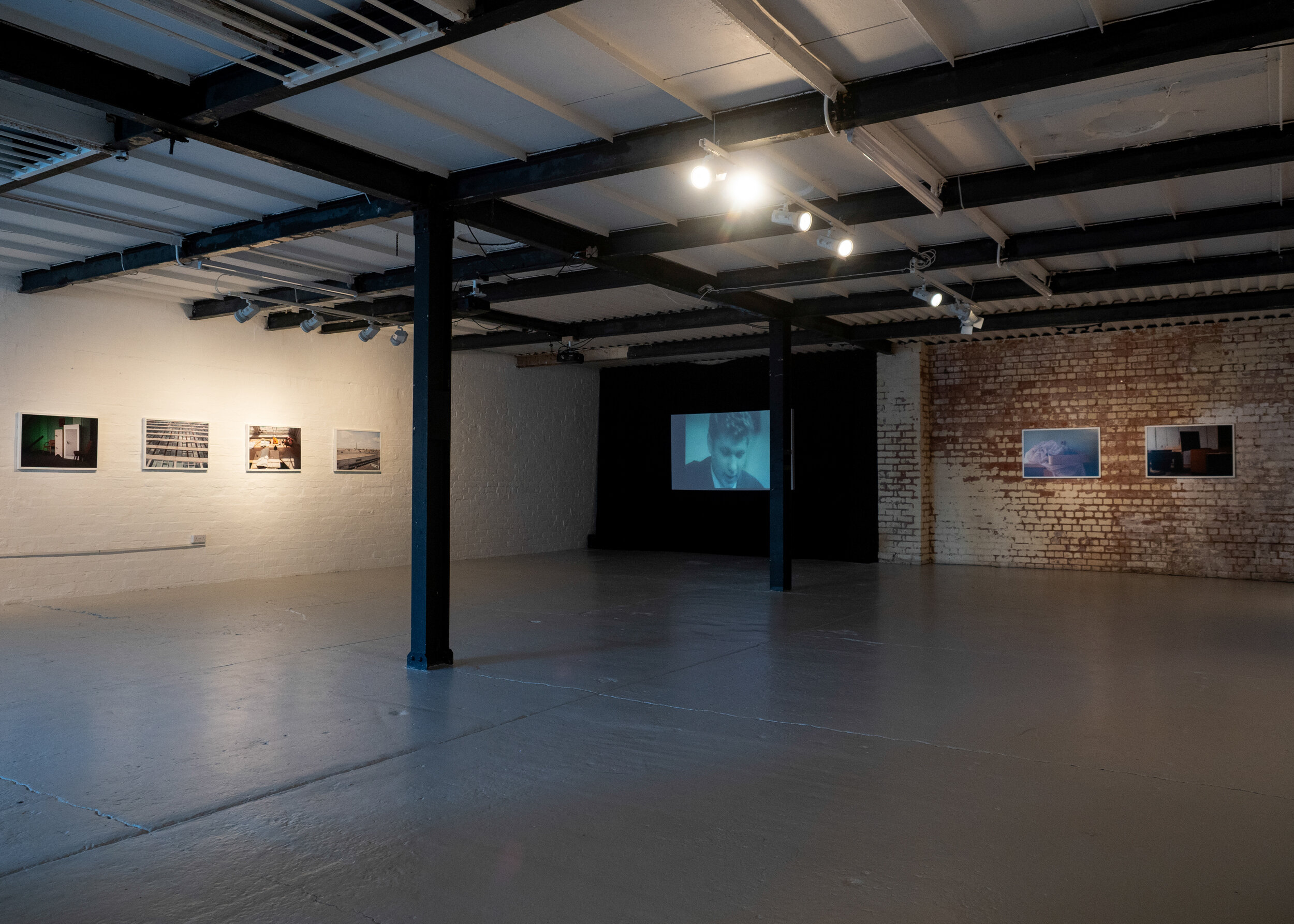'Udarny trud' Solo Show at Centrala Space
8 February – 27 March 2020
Private View: 7 February, 6pm – 9pm
Udarny trud is a solo show of a London-based Polish photographer Paulina Korobkiewicz. The exhibition consists of archival material that Korobkiewicz found in an abandoned textile factory in Alytus (Lithuania) with contemporary photos she took of the building and its interiors.
Born and raised in a borderland town in Eastern Poland near Lithuania, Korobkiewicz came across the factory when researching a project on aesthetics of post-socialist spaces in the summer of 2018. Upon entering the building, she discovered a wealth of neglected artefacts, textile samples, and personal photographs of the factory staff.
Alytaus Medvilnes Kombinatas was one of the largest textile companies in Lithuania and the Baltic States, responsible for the whole cycle of cotton manufacturing. Founded in 1969, the company went bankrupt in 2007, with the rising costs of production in Lithuania and the possibility of outsourcing labour from Asia cited as some of the reasons for its closure. At its peak, the enterprise employed approximately 6,000 people from all over Lithuania and it was crucial for the city’s industry.
Today, a dilapidated building and its monumental structure, cracked windows, and torn curtains represent the material remnants of the past. Concrete crumbling from the walls, abandoned rooms and broken furniture covered with layers of dust tell a powerful story of the rise and fall of a political system where labour was perceived as a right and a sacred duty.
Through juxtaposing the past and present of the textile enterprise set up during the socialist reign in Lithuania, Korobkiewicz poses questions about the meaning of labour in the previous and current political systems and explores social interactions shaping lives on the factory floor. She critically examines the cult of productivity and the role of the factory as a site of production and consumption through the archival photos that present the factory as a social centre and cultural platform of working-class communities.
Deriving from the Russian ‘уда́рник’, the title of the exhibition refers to super-productive, enthusiastic labour that has been the backbone of the socialist conceptualisation of productivity. ‘Udarnik’ was a highly efficient worker exceeding the norm of required labour. Breaking records of productivity gained publicity and became a twofold mechanism to encourage other workers to increase their efficiency, and to create everyday heroes, raising the status of the best-performing labourers, with their photos honorarily displayed in factory halls and chronicles.
The exhibition is accompanied by short essays by Natalia Domagala, a Polish- born, London-based writer and researcher.
Centrala is a multifunctional art space in Birmingham run by the Polish Expats Association, a non-profit organisation presenting art from Central and Eastern Europe and the UK.
Centrala, Unit 4 Minerva Works 158 Fazeley Street, Birmingham, B5 5RT
Opening Times: Wed - Sat, 12 - 8 pm
Free entry
Printed by Spectrum Photographic


